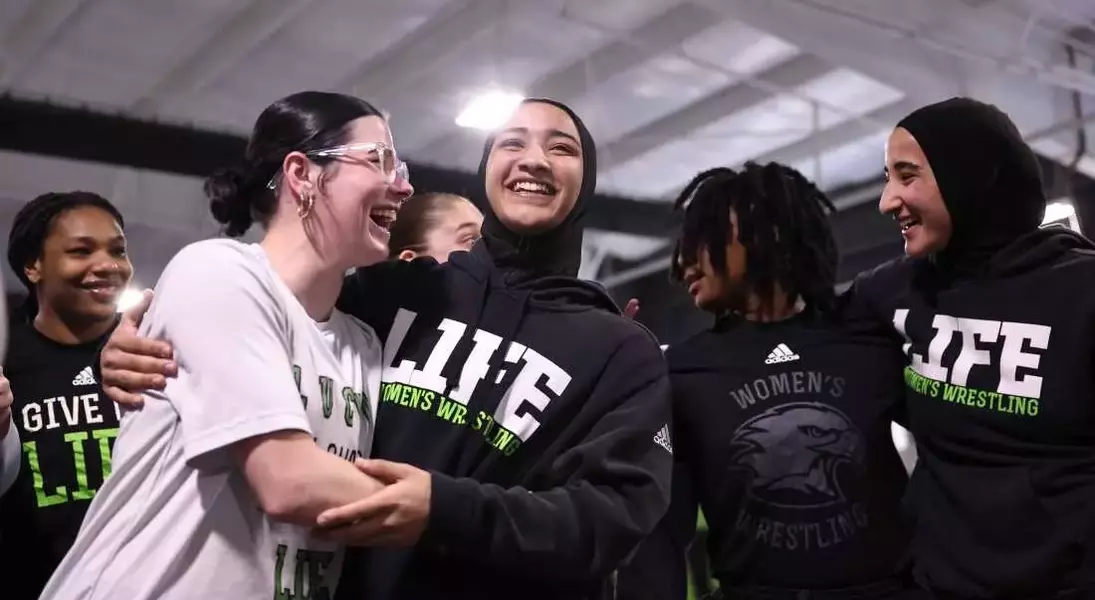
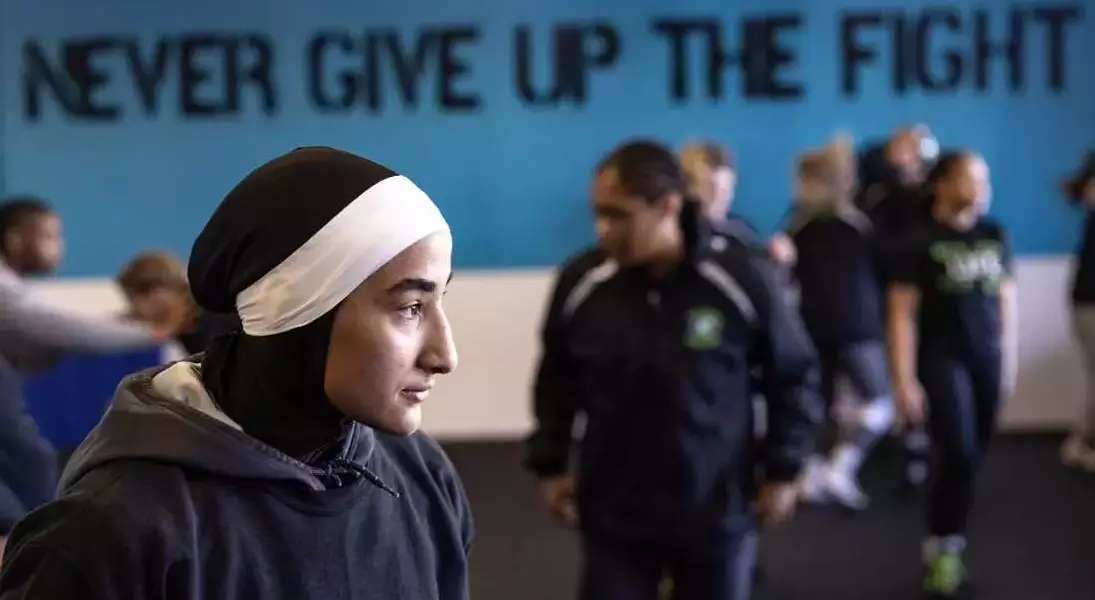


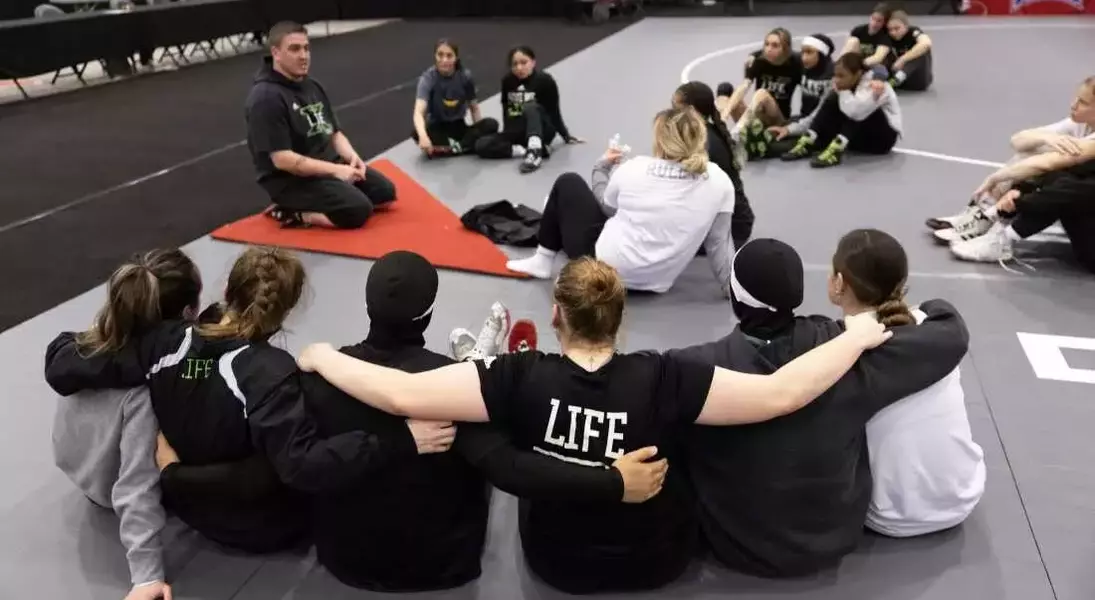
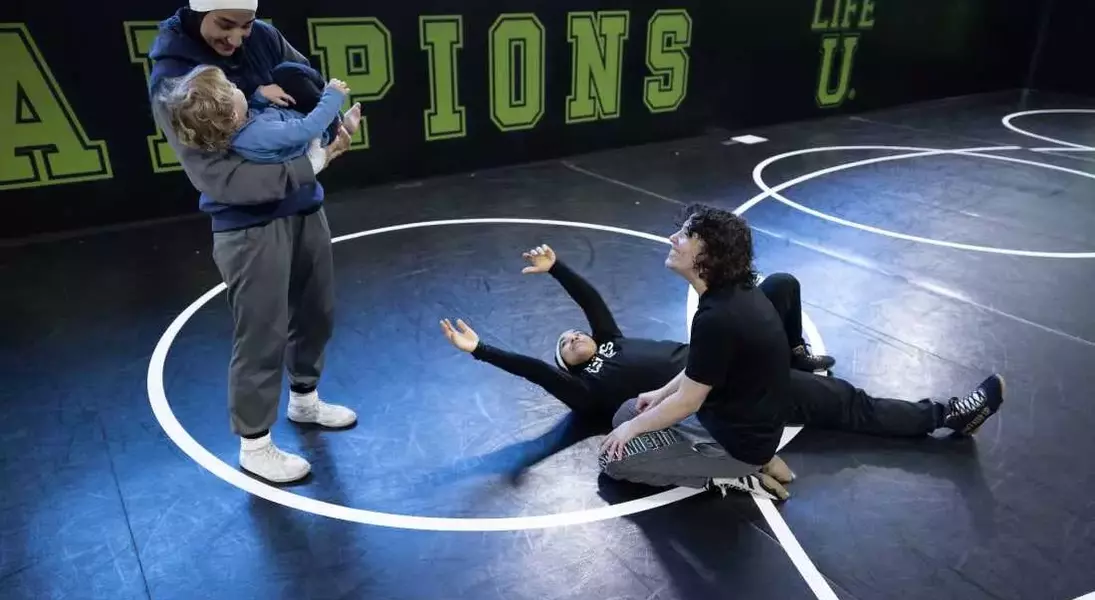
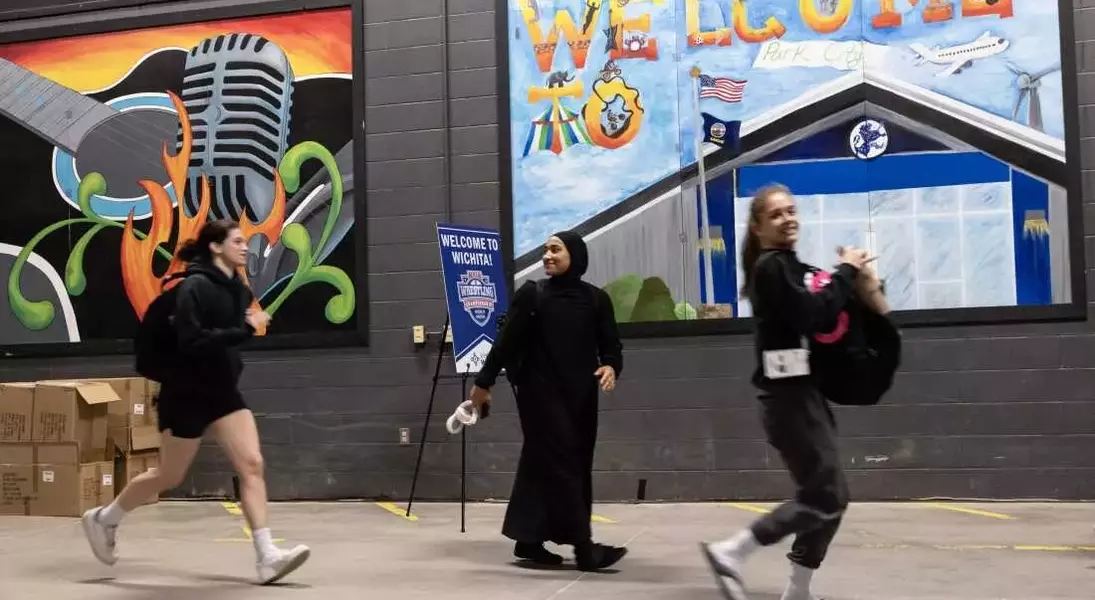

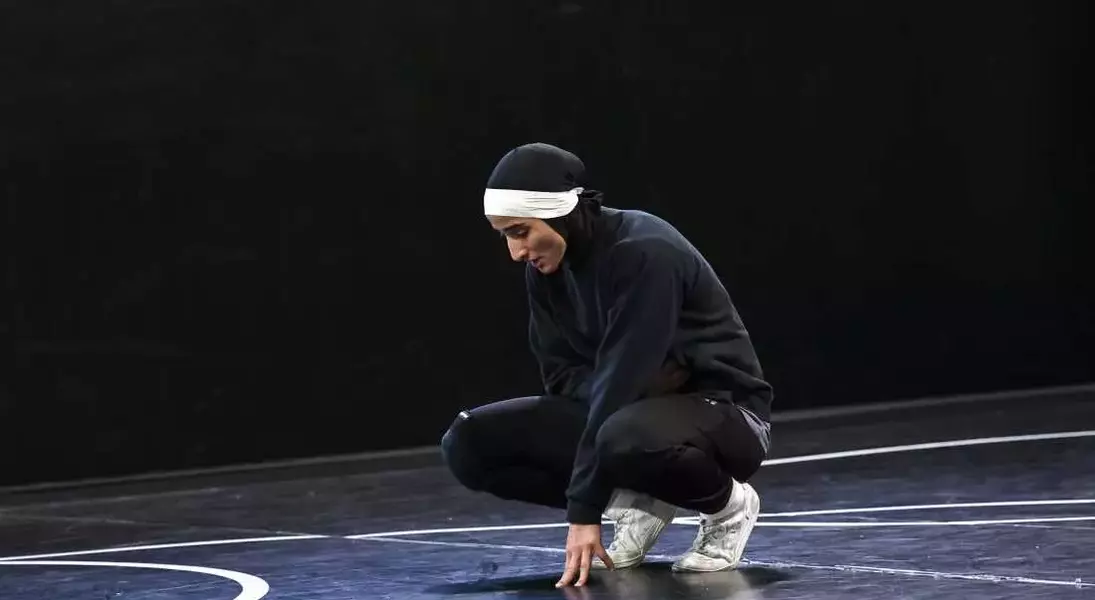
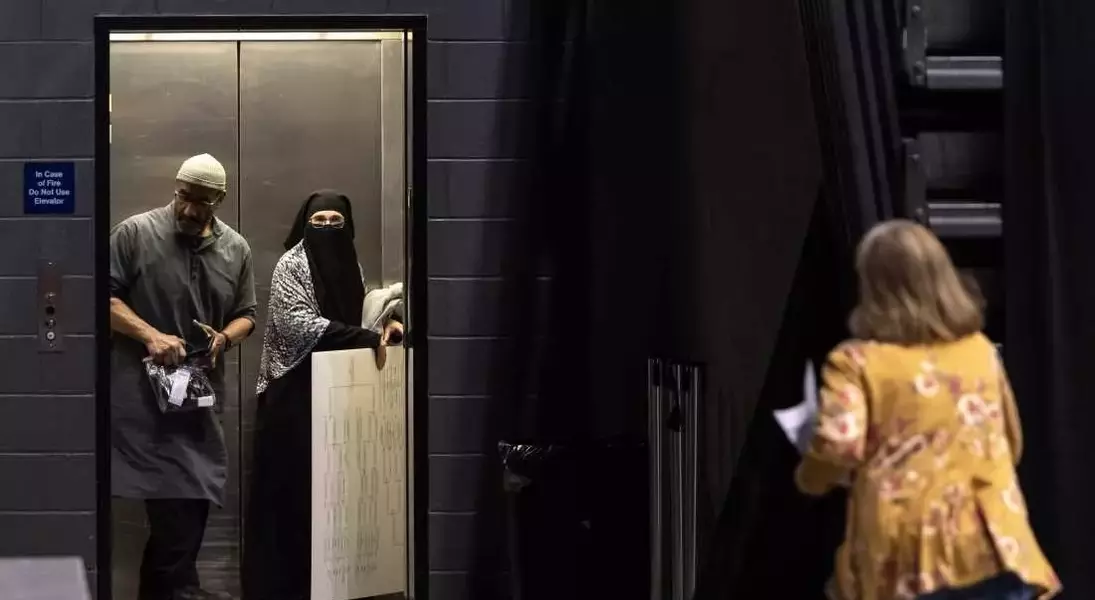
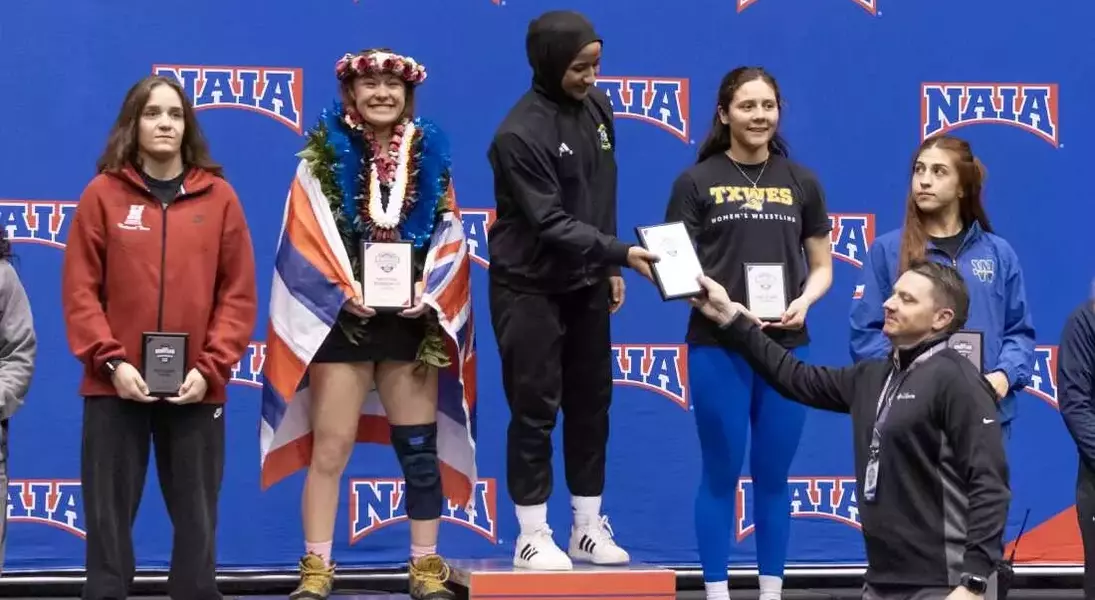


Breaking Barriers: Faith, Family, and the Future of Women's Wrestling
Unexpected Pathways to Athletic Greatness: The McBryde Sisters' Initial Doubts and Early Challenges
Jamilah, Zaynah, and Latifah McBryde, hailing from Buffalo, N.Y., never envisioned themselves as collegiate athletes, let alone pioneers reshaping the landscape of American women's wrestling. As devout Muslim women, their upbringing included homeschooling and grappling with each other, a sport they enjoyed but believed would be incompatible with college-level competition due to religious dress requirements. Their faith dictated a modesty that clashed with the standard wrestling singlet.
Adapting Tradition: Crafting a Modest Uniform for Competitive Wrestling
Despite the inherent conflict, the sisters' exceptional talent was recognized by coaches during their teenage years. While competing against boys was not an option, the primary hurdle remained the mandated wrestling attire. Inspired by uniforms worn by Iranian women wrestlers, they began adapting their own: a combination of long-sleeved shirts, additional layers, leggings under pants, and head coverings. The initial adaptation was challenging, with Zaynah noting the difficulty of keeping hijabs in place during matches. Yet, with the invaluable input of trainers and coaches, they refined their gear, using Velcro to secure shirts and tape to stabilize their hijabs, transforming a disadvantage into a functional and modest uniform.
Standing Firm Amidst Controversy: The Fight for Acceptance in International Arenas
Their journey was not without opposition. In 2022, Latifah's attempt to represent the U.S. at the Pan American Championships was thwarted when United World Wrestling (UWW) denied her request to wear the modified uniform, preventing her from competing. This incident underscored the rigid international regulations but also galvanized support domestically. College coaches, recognizing the sisters' potential, actively sought to recruit them. Among these, the coaches at Life University in Marietta, Ga., stood out, declaring their commitment to changing rules to accommodate the sisters if they joined their team.
A Turning Point: National Recognition and Rule Amendments for Inclusive Competition
The unwavering support from Life University's head coach, Ashley Flavin, and other wrestling advocates proved pivotal. Their collective efforts led to a landmark decision by the National Association of Intercollegiate Athletics (NAIA) in the summer of 2022, which officially sanctioned the modified uniforms. This breakthrough allowed the sisters to enroll at Life University that fall, where they discovered a supportive and inclusive team environment, with teammates even using prayer apps to respect their religious observances.
The Battle Beyond Borders: Overcoming Setbacks and Inspiring Future Generations
Despite Jamilah's national title and qualification for U.S. Olympic team trials, the UWW's ruling that their modest uniforms conferred an "unfair advantage" dashed her Olympic aspirations. The sisters and their coaches contested this, arguing the extra clothing caused them to overheat, creating a disadvantage. They also shared instances where opponents respected their faith, pausing matches to assist when hijabs came undone. This year, USA Wrestling, the national governing body, amended its rules to permit modified uniforms, a victory that stunned and empowered the sisters. Even while observing Ramadan and fasting during the NAIA Women's Wrestling National Championship, Zaynah and Latifah secured national titles in their weight classes, and Jamilah achieved a second-place finish against an Olympian. While Olympic dreams remain uncertain due to international regulations, the sisters hold onto hope for future changes. Latifah expressed profound satisfaction in knowing her actions have positively influenced other Muslim girls, affirming that strength, modesty, and femininity can coexist. All three sisters intend to remain involved in wrestling post-college, with Zaynah and Latifah eyeing coaching roles, ensuring their legacy of perseverance and inclusion endures.
